The Senegalese navy has stepped up its patrols along its coasts and says it intercepted almost 1,000 migrants in October attempting to reach the Canary Islands. Following a deadly shipwreck in September, Senegal's president pledged to "relentlessly track down" traffickers and urged young people to stay home and avoid the dangerous crossing.
The Senegalese Navy has confirmed in a series of social media posts that it intercepted 918 migrants in October. They had been trying to leave the West African country and cross part of the Atlantic Ocean towards the Canary Islands archipelago.
During one patrol this week, on Tuesday (November 19), the navy said they had picked up a large canoe carrying 119 people off the western village of Djiffer, reported the French news agency Agence France Presse (AFP).
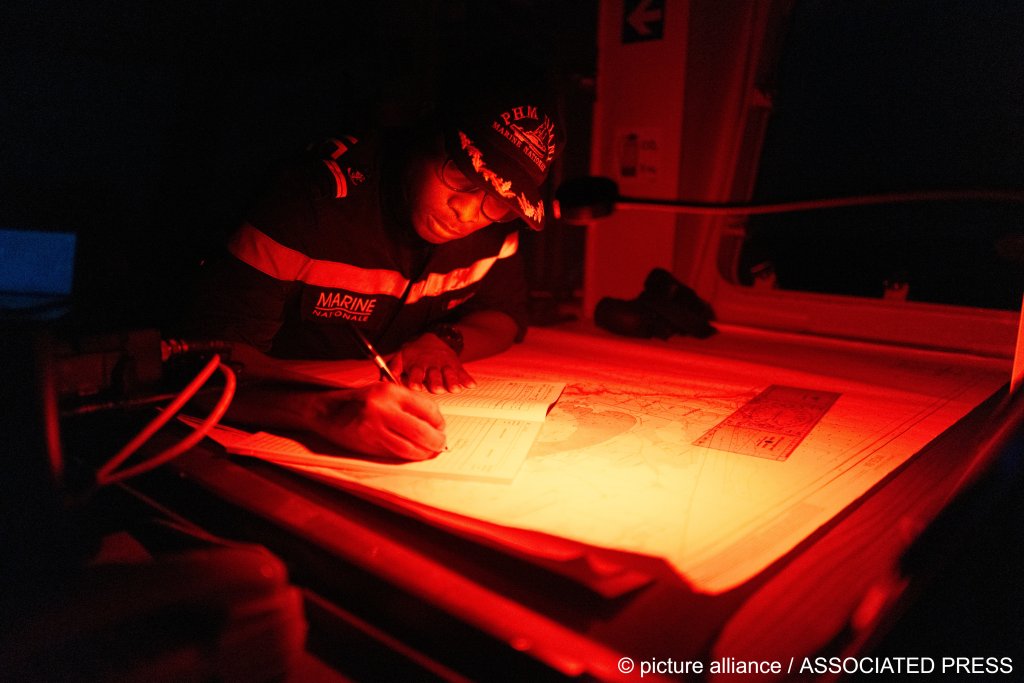
Five separate patrols over the course of October allowed them to intercept 918 migrants. Three of the boats they found had departed from the Saloum delta, reported AFP.
Senegal is one of the departure points for migrants traveling from West Africa towards the Canary Islands. Some migrants travel to Senegal to catch the boats, others go further to Mauritania or even Morocco. Sometimes the boats start further south of Senegal, in The Gambia, or Guinea, before sometimes picking up more passengers in Senegal and Mauritania.
Read AlsoCanary Islands: 200 people aboard cayuco brought to El Hierro
The Atlantic route
In the past, the boats tended to hug the West African coast for as long as possible before attempting the shortest crossing towards the Spanish Canary Islands further north of Senegal. But more recently, with increased patrols, some boats set out into the open sea more quickly, making only one or two stops, in an attempt to avoid naval patrols.
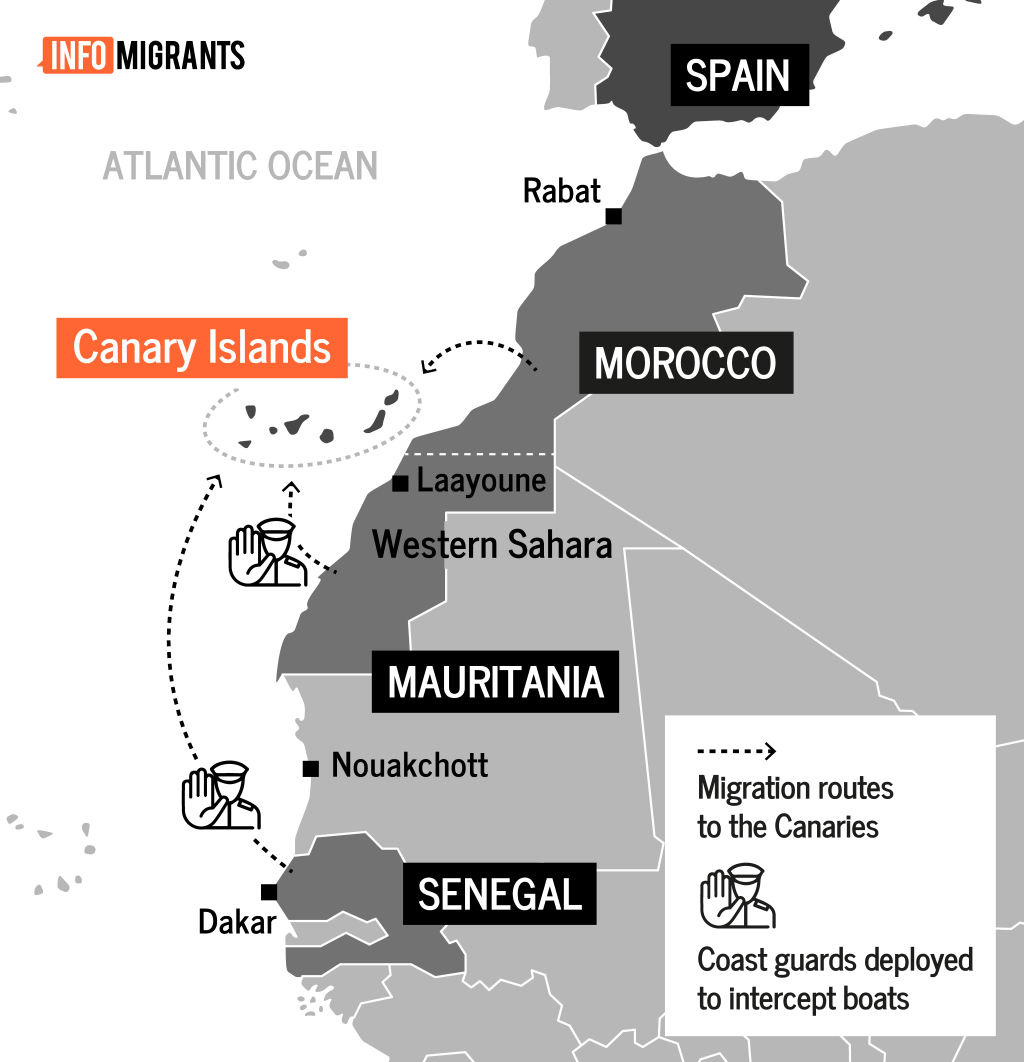
Thousands are estimated to have died on the dangerous Atlantic crossing towards the Canary Islands. In September, at least 39 died off the coast of Senegal in a shipwreck. Following this incident, Senegalese President Bassirou Diomaye Faye vowed to "relentlessly track down" migrant traffickers and called on young people to stay at home and not attempt the crossing.
Diomaye Faye’s election campaign promised a series of reforms to improve the living standards of Senegalese people in an effort to stop them from leaving. Many young people say that the lack of jobs, prospects and a future means their only option is to migrate.
Over 60 percent of the country's population is under 25, and around 90 percent are employed in informal jobs, reports AP. More than 20 percent of people in Senegal are registered unemployed, reports Germany’s international broadcaster Deutsche Welle (DW).
Fishing industry decimated by fishing agreements
In the past, many on Senegal’s coast made their living from fishing. But, big industrial trawlers, operated by richer countries, such as China, or even the EU, say fishers, have hoovered up most of the fish, making it difficult for small-scale fisher folk to make a living.
Many of those who would have previously worked in fishing, have been reduced to working punishing hours on board the big trawlers, or in fish factories on land, where the fish is packed and frozen and sent abroad for the most part.
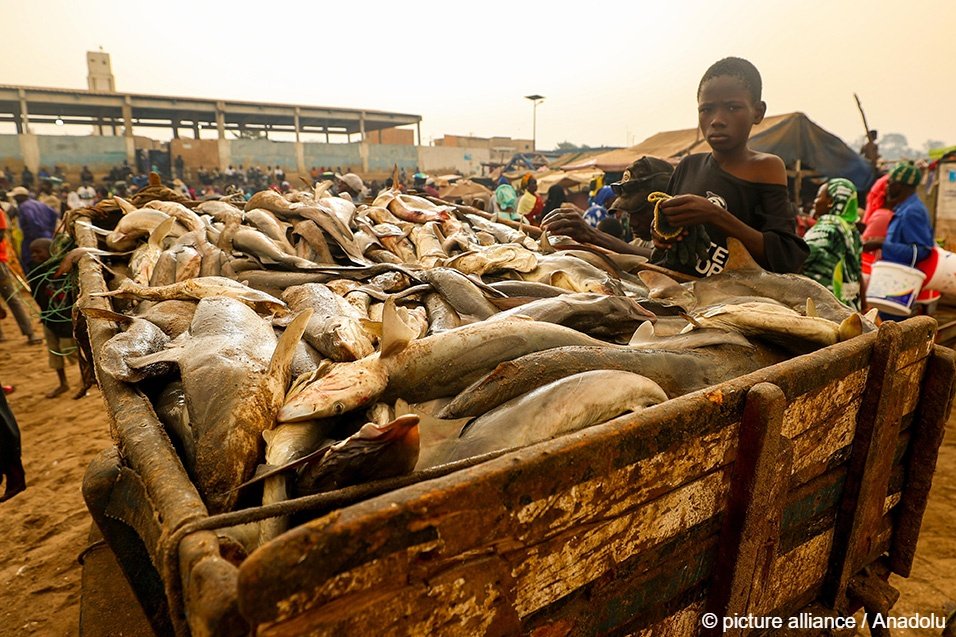
"These big boats have changed things, before even kids could catch some fish here with a net," 46-year-old fisherman Cheikh Gueye told AP in August. "Now we have to go more than 50 kilometers out before we find fish and even then we don’t find enough, just a little."
The fishing agreements impose limits on what the small-scale fishers can catch, but there is not so much monitoring done of the big trawlers as they can stay out of port for much longer.
Those who work in these industries complain of a lack of contracts, low wages, long hours and in some cases abuse and dangerous working conditions. Chinese-owned trawlers are often singled out for being particularly bad, it is a charge China denies saying it operates completely within the laws.
Some of the reforms Diomaye Faye promised included attempting to renegotiate fishing permits with foreign countries and securing a bigger share of Senegal’s natural resources for the local population.
Read AlsoSenegal intercepts nearly 600 irregular migrants in 10 days
Promises from new president
On Sunday (November 17) Senegal held legislative elections called in September. The president hoped that if his party could win a majority in parliament, previously controlled by the opposition, he would be able to push through the promised reforms.
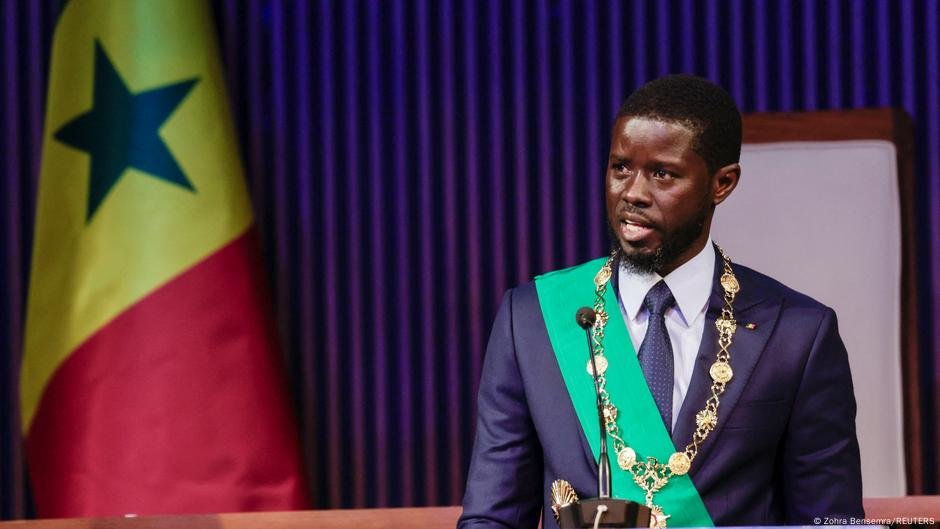
On November 18, it was announced he had secured a "comfortable victory" in the polls. Since taking office as president in May, Diomaye Saye has lowered the price of household goods, such as rice, a staple in Senegal, oil and sugar. But that has placed further strain on the country’s budget deficit.
The debt ratings agency Moody’s cut Senegal’s credit rating earlier this year and the International Monetary Fund (IMF) suspended an aid program pending an audit of the public finances. Saye claims that former president Macky Sall and his party had left the country’s finances in trouble and had not announced the full extent of the budget deficit, reports DW.
In October, the European Union announced further funding of 30 million euros to help the Senegalese authorities strengthen their capacity to find and intercept departing migrant boats.
On patrol with the Senegalese navy
Senegal has deployed three new patrol vessels to help them search for vulnerable boats carrying migrants. The news agency Associated Press (AP) recently joined the navy on one of their routine patrols.
Assane Seye, the captain of one of the patrol vessels – Niani, told AP: "Since January 1, 2024, the navy has saved 4,780 people." Seye said the numbers saved have increased since 2023.
A month ago, they found a wooden boat with more than 200 people on board. "There were a large number of people on this pirogue in really difficult conditions, who had already spent two or three days at sea," explained the Niani’s lieutenant Oumar Ndiaye.
Ndiaye describes his work as a "humanitarian mission." His job, thinks Ndiaye is to get the migrants to safety, whether they call for help or not, reports AP. "All that has to happen is a weather change, or one wrong move taken by the captain, for the pirogue to turn over and for people to be in danger."
Once rescued, the navy brings the migrants back to shore. If they are from Senegal, they are free to walk away, and reports AP, perhaps try again another day. If they are from another country, they are repatriated.
Read AlsoSenegal vows to tackle sea migration after latest incident at sea
Arrivals on the Canary Islands
The Canary Islands route has picked up in popularity in recent years, after the European Union made deals with North African countries like Libya and Tunisia, to increase patrols and prevent departures across the Mediterranean.
By the first half of 2024, the number of arrivals on the Canary Islands stood at almost 25,000, more than double the numbers arriving in the same period in 2023. By November 10, the UNHCR confirmed that more than 52,000 had arrived in Spain since the beginning of the year, more than 38,000 via the Canary Islands' route.
Now the EU, and in particular Spain, has turned its attention to doing deals with West African countries. Earlier in the year, the EU signed a 210 million euro deal with Mauritania. Spain and Europe already have a number of agreements in place with Senegal and Morocco.
In spite of the increased patrols and agreements, many young Senegalese still feel their only option is to migrate. In August this year, many told AP, that their objective was "Barcelona or die."
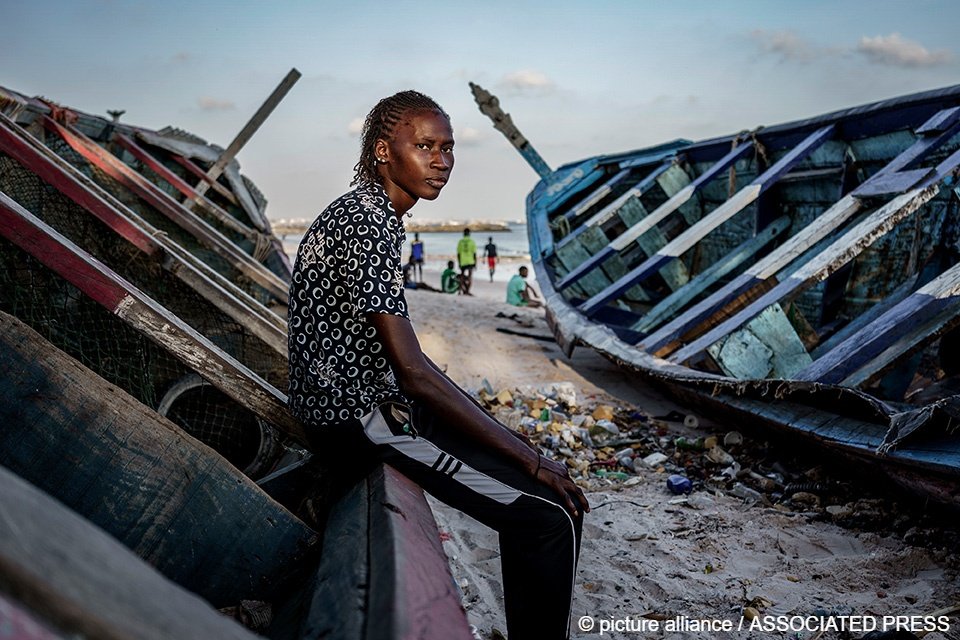
Salamba Ndiaye, a 28-year-old from Senegal already tried twice to leave for Spain. The first time the Senegalese police intercepted the vessel before it could leave, reports AP. The second time, the boat on which Ndiaye was traveling reached the coast of Morocco, before a storm forced them back to shore, and Ndiaye was repatriated to Senegal.
"Right now, if they told me there was a boat going to Spain, I would leave this interview and get on it," she told AP while speaking to them.
Cheikh Gueye, a 46-year-old fisherman, explained that the risks at sea don’t hold so much terror, as the situation is so bad for so many that everyone feels in danger all the time. "If you are sick and you can’t pay for treatment, aren’t you in danger?"
With AFP and AP
